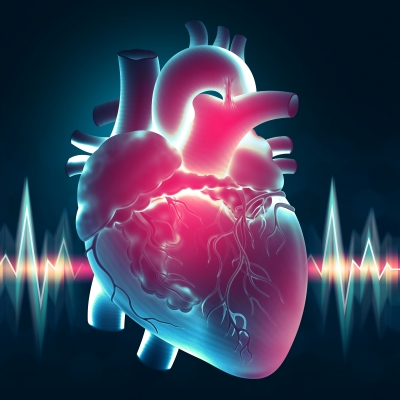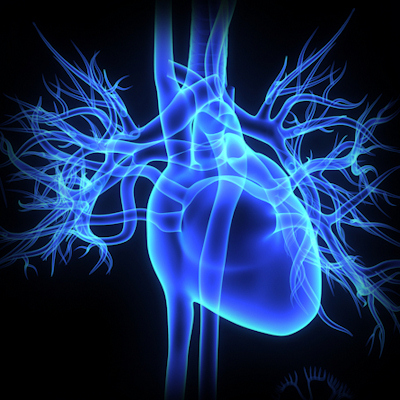October 20, 2022 -- New research led by scientists from Germany partially explains why patients with hypertension and brachydactyly (HTNB) syndrome (i.e., high blood pressure and abnormally short digits) don't experience cardiac hypertrophy: a gene mutation.
A mutation in the phosphodiesterase 3A gene (PDE3A) causes HTNB syndrome by affecting bone growth and causing blood vessel hyperplasia, but the gene also protects the heart, according to a multinational team primarily led by researchers at the Max Delbrück Center (MDC) in Berlin (Circulation, October 19, 2022).
The scientists tested human patients, rats, and heart muscle cells grown from induced pluripotent stem cells. The PDE3A gene was altered both in the lab-grown cells and the animals to mimic HTNB mutations. By examining the patients, the researchers found a previously unknown PDE3A gene mutation in the center of the catalytic domain. The mutation causes an enzyme to be hyperactive in the heart and ramps up the degradation of the signaling molecules cyclic adenosine monophosphate (cAMP) that cause the heart to contract.
The researchers treated the animals with the agent isoproterenol, which is known to induce cardiac hypertrophy, and found the gene-modified rats were protected from hypertrophy. In other words, the selective activation of PDE3A may be a new and improved approach for preventing and treating hypertension-induced cardiac damage like hypertrophic cardiomyopathy and heart failure. However, more research is needed to understand the protective effects before that happens, the researchers said.
Copyright © 2022 scienceboard.net









